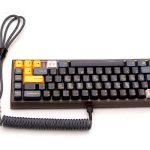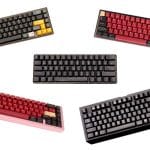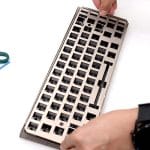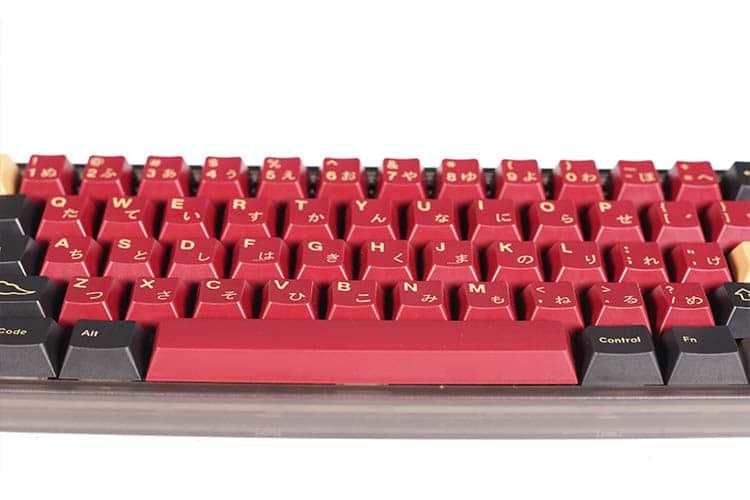
If you are shopping for a new keyboard, then you will most likely hear about mechanical keyboards. Everyone from gamers to professionals will tell you that mechanical keyboards are superior to membrane keyboards and other keyboards types. If you are wondering why this is the case then you have come to the right place.
Mechanical keyboards are superior in feel and durability. They have different key switches that allow you to personalize the typing experience. Additionally, each key uses an individual switch which makes the lifespan of the keyboard higher. Also, mechanical keyboards are more versatile since most mechanical keyboards are fully programmable.
In this article, we will talk about the strengths of mechanical keyboards and why it is preferred over other keyboard types. We’ll go over what exact feel they provide and the durability and reliability that you can expect from them. And by the end of this article, you should be convinced to pick up your own mechanical keyboard.
Types of Keyboards
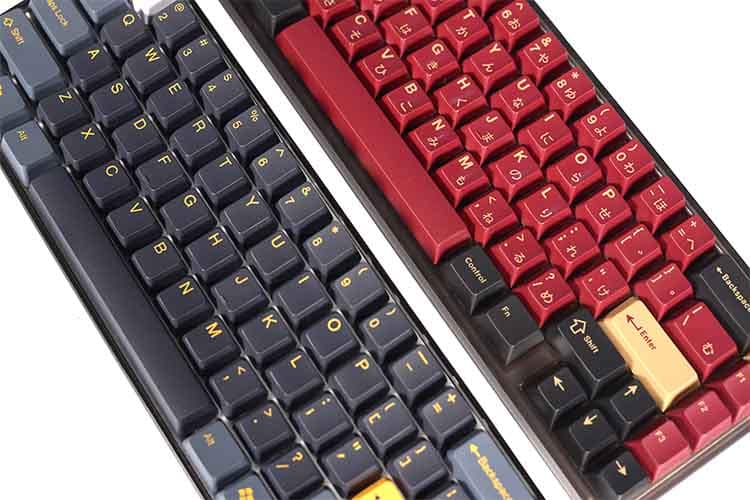
When choosing a keyboard, we’ve always had two options: a membrane keyboard and a mechanical keyboard. Both send your keystrokes as inputs for the computer to process.
The difference is that a membrane keyboard has a three-layer pressure-sensitive membrane layer underneath each. So if you apply pressure by pressing a key in a specific area, it registers as a keystroke.
A mechanical keyboard meanwhile uses an individual switch for each key. Once you press down far enough and engage the switch on a key, it registers as a keystroke.
Mechanical Keyboards Have Better Feedback
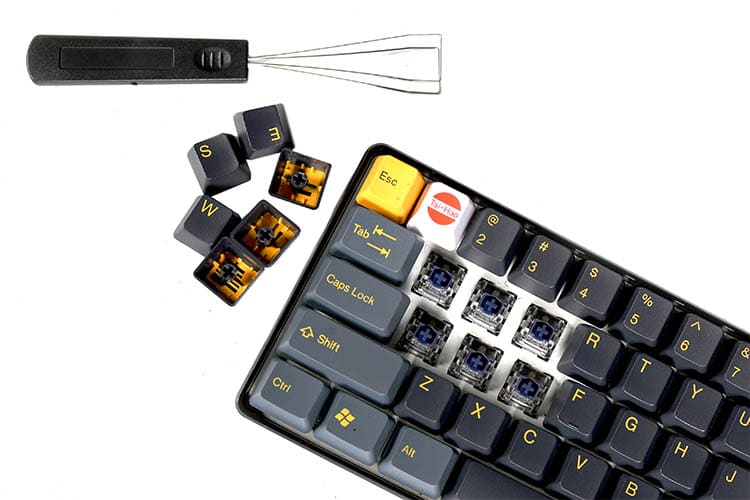
So why choose one over the other? Well, let me tell you. One part is the kind of feel you’re going for. Mechanical keyboards give you clear feedback from pressing the switch to the key springing back, almost like using a typewriter contrast with a membrane keyboard, which is softer to engage and not as noisy.
The biggest difference for typists or Gamers is how multiple keystrokes are handled. In activities that demand very high action typing, each keystroke is life or death. Mechanical keyboards shine here because each key is engaged and registered individually. So when you press keys is near-simultaneously, they’re still registered incorrect order.
Membrane keyboards have had a lot of problems with simultaneous key input or rollover. This is because they are built with many pressure pads on one membrane. So if you press too many keys at once or try to type very fast, some keystrokes wouldn’t be registered.
Mechanical Keyboards are More Durable
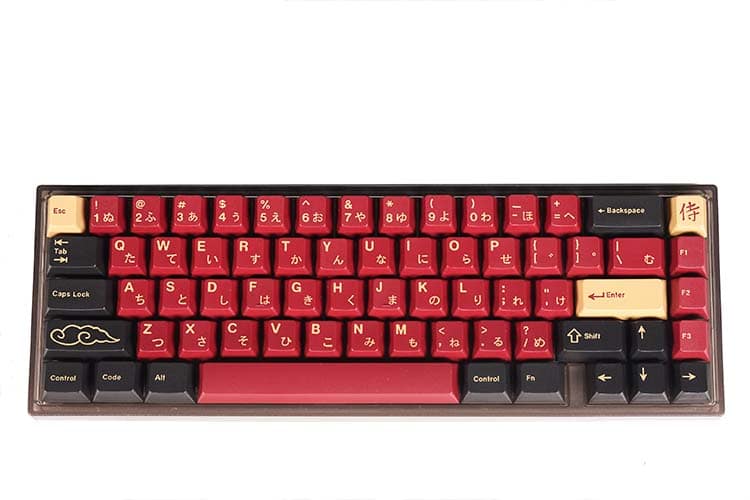
The other big distinction is wear and tear. So your most commonly used Keys like the spacebar, for example, will need a lot more pressure to register than something like the ESC. Also, once a key dies, it can be a very difficult task to replace,. This is especially true if the membrane is effective.
Mechanical switches, on the other hand, are built to last more than ten times as long as in a membrane the space key works the same on the first day you use it as on the hundred and when a key goes take it out pop in a new one, and you’re good to go.
Actually, mechanical keyboards have been favored by typing enthusiasts. It’s throughout history. Look no further than the grandfather of modern keyboards, a typewriter. Each key was independent of the others.
Throughout the late eighteen hundreds and 1900s, typewriters were the way to go, and even IBM’s first keyboard, the model m, in 1986, was mechanical. If you’re old enough, you can still hear that loud clicking sound as clear as day.

However, it wasn’t until the 90s that the membrane keyboard started gaining popularity. They were quieter, lighter, and more streamlined, these keyboards were perfect for the new laptop generation of computers, and even PCS were more marketable with less clunky accessories.
Although membrane keyboards have improved a lot with longer life spans and far more impressive, rollover mechanical keyboards are still the go-to for demanding keyboard use such as gaming or typing.
Even if you don’t like the noise on a mechanical keyboard, nothing is more annoying than missing keys on a membrane keyboard because you didn’t press hard enough. All of a sudden missing spaces missing caps, and typing it’s unbearable.

The KBE team is dedicated to sharing our knowledge and creating useful resources about computer keyboards. This article was written as a team collaboration, combining our knowledge and years of experience using, building and modding keyboards. Meet the team here.

